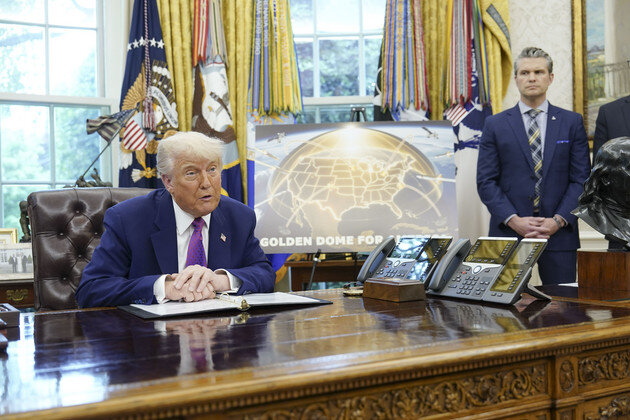
Similar Posts
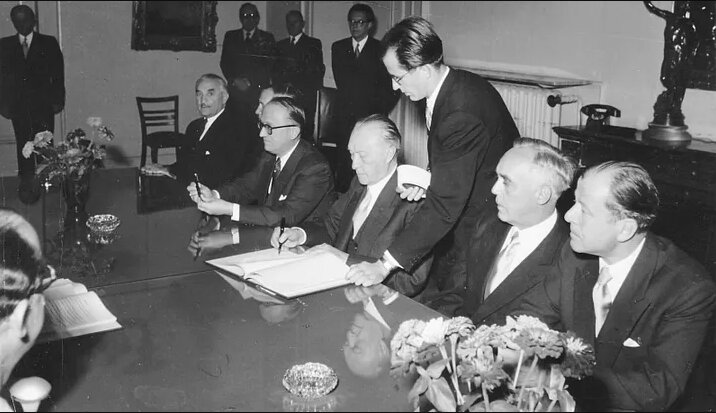
Luxembourg Agreement: Debating Justice vs. Blood Money in a Controversial Settlement
Israel’s relationship with Germany, shaped by the Holocaust’s aftermath, evolved from enmity to pragmatic engagement. The Luxembourg Agreement of 1952 marked a significant turning point, as West Germany committed to paying reparations to Israel, acknowledging its responsibility for the Holocaust. Israeli leaders, despite public dissent over accepting “blood money,” recognized the financial support as crucial for Israel’s development. The agreement facilitated Israel’s economic growth and helped rehabilitate Germany’s post-war image, fostering cooperation in trade and security. While the relationship has advanced, the historical context of the Holocaust continues to influence interactions between the two nations.

Israeli Forces Announce Death of Key Hezbollah Leader in Southern Lebanon
The Israeli regime conducted an airstrike in Tyre, southern Lebanon, targeting a vehicle and violating a ceasefire agreement. The strike resulted in the death of a prominent Hezbollah figure, raising fears of escalating violence in the region. This incident forms part of ongoing tensions between Israel and Hezbollah, driven by territorial disputes, complex political dynamics, and militant activity. Analysts warn that the airstrike could provoke further military actions, increase risks for civilians, and complicate future peace efforts. The need for renewed dialogue and diplomatic solutions is urgent as the international community calls for restraint amid rising hostilities.

Europe’s Economic Shift: Decoupling from America Begins!
Trade relations between the U.S. and the EU have deteriorated due to tariffs imposed by the Trump administration, including a recent 25% tariff on steel and aluminum imports. In response, the EU is exploring alternative trade partnerships, such as reviving agreements with Mercosur and negotiating a free trade deal with India. While European leaders have attempted to negotiate with Trump, they also face domestic opposition, particularly from farmers concerned about competition from cheaper imports. The EU aims to demonstrate the benefits of free trade despite the challenges, emphasizing adherence to international law while preparing for potential retaliatory measures.
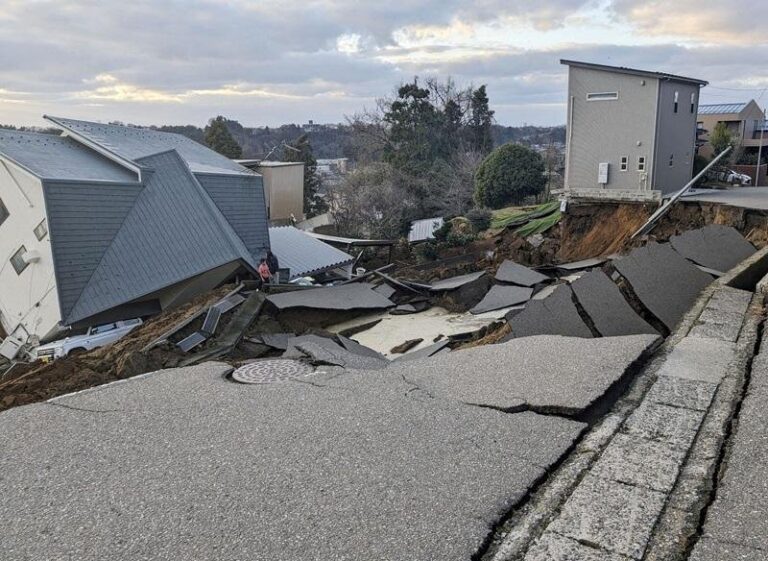
Breaking News: 5.5-Magnitude Earthquake Rocks Ecuador – Watch the Shocking Video!
A 5.5 magnitude earthquake struck near Archidona, Ecuador, on Friday at 23:02:29 GMT, raising concerns among residents and authorities. The U.S. Geological Survey reported the epicenter was about 39 kilometers WNW of Archidona, at a depth of 10 kilometers. Ecuador, situated along the Pacific Ring of Fire, is prone to earthquakes, underscoring the need for preparedness. Past significant quakes include a 6.1 magnitude in 2022 and a 5.9 in 2021. To mitigate risks, communities are urged to create emergency plans, secure homes, build emergency kits, and stay informed about seismic activity.
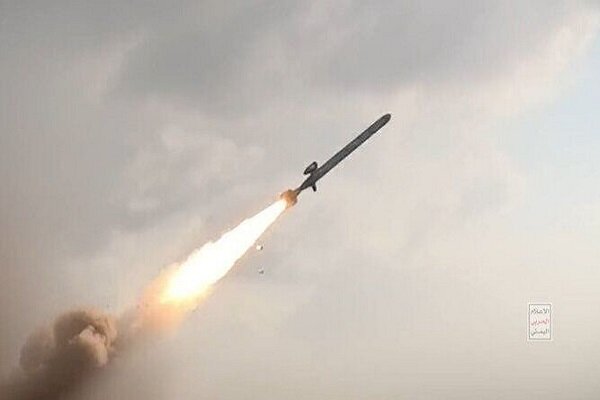
Yemen Strikes Back: New Missile Assault Targets Israel – Watch the Video!
On Friday morning, Tel Aviv experienced a significant escalation as Israeli media reported a missile attack from Yemen targeting Jaffa. Sirens sounded across the region, highlighting the seriousness of the situation. Despite the attack, the Yemeni Army has not issued an official statement. This incident adds to the already tense atmosphere in the Middle East, raising concerns about regional stability. The missile strike reflects ongoing conflicts and military actions, particularly involving the Houthi movement in Yemen. The potential for retaliation or further military responses from Israel remains high as the situation evolves, with global implications for international relations and security.
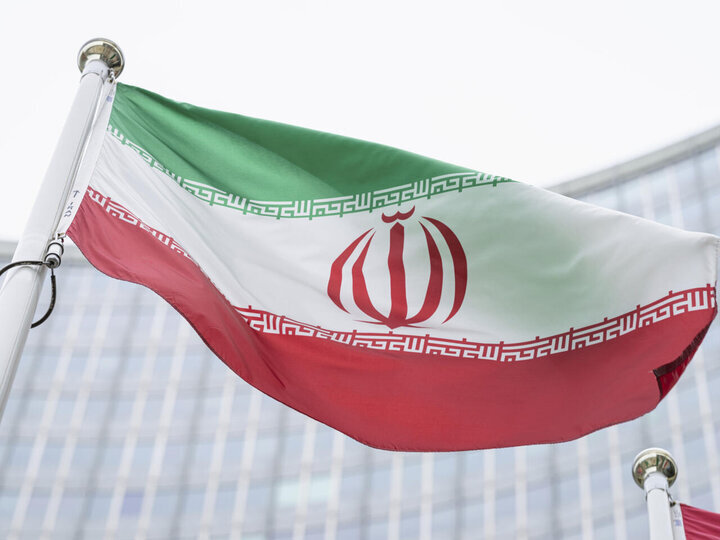
Iran’s Bold Response to US-UK Airstrikes in Yemen: Tensions Escalate
The recent US and UK airstrikes in Yemen have faced strong criticism from Iranian Foreign Ministry spokesman Esmail Baghaei, who condemned the actions for causing significant casualties among innocent civilians, including women and children. He labeled the strikes a violation of the UN Charter and highlighted their implications for global peace. Baghaei argued that these military actions reflect a broader pattern of violence, particularly against Palestinians, and called for a united international response to human rights violations. He urged governments and organizations to address these aggressions, emphasizing the urgent need for humanitarian support during the ongoing crisis.